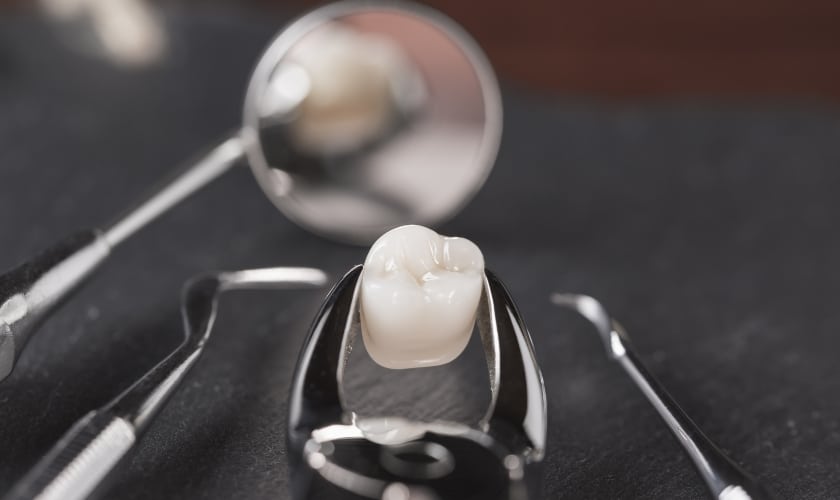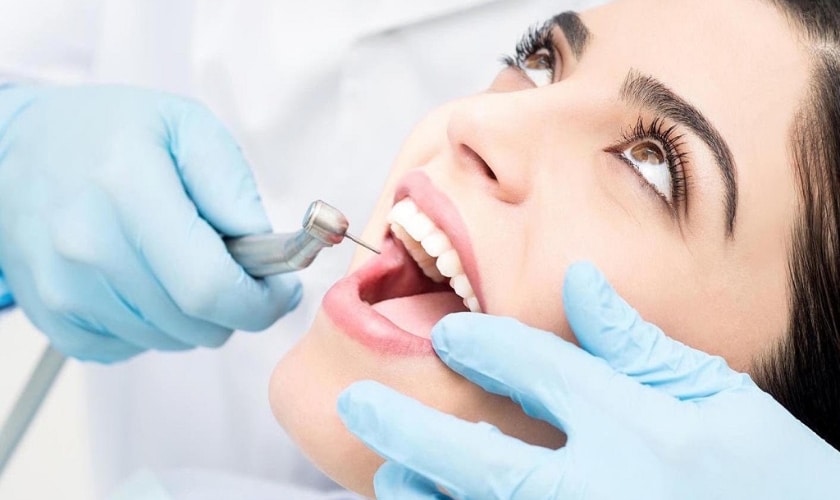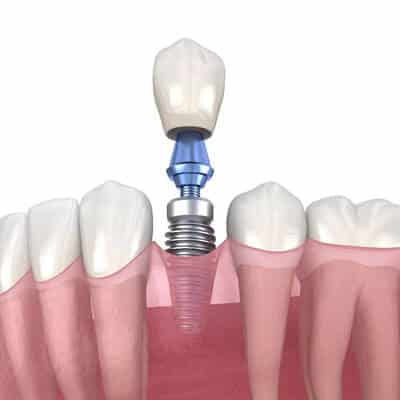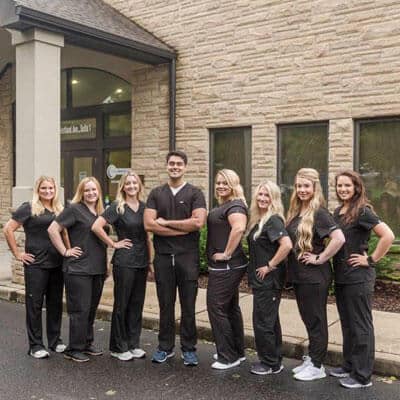
As the calendar flips to a new year, it’s a time for fresh beginnings and renewed health priorities. Amidst resolutions and plans, oral health often takes a back seat, yet understanding the scenarios that may necessitate a tooth extraction is pivotal for a healthy smile. From persistent decay to orthodontic complexities, there are various reasons why a tooth may need removal. Delving into this topic sheds light on essential insights crucial for maintaining optimal oral health. In this engaging exploration, we’ll unravel the nuanced reasons behind tooth extraction, empowering you with the ability to make informed decisions about your dental well-being in the upcoming year.
Why Tooth Extraction Might Be Necessary:
1. Severe Tooth Decay or Damage: Decay or damage that extends beyond repair via fillings or crowns may require extraction to prevent further complications and alleviate pain.
2. Orthodontic Reasons: Overcrowding of teeth or the need for orthodontic treatments like braces might necessitate the extraction of a tooth to create ample space for proper alignment.
3. Impacted Wisdom Teeth: When wisdom teeth don’t have enough room to emerge correctly, they can become affected, leading to pain, infection, and potential damage to adjacent teeth.
4. Gum Disease: Advanced periodontal disease can loosen teeth, making extraction necessary to prevent the spread of infection and preserve oral health.
5. Risk of Infection: For individuals with weakened immune systems or undergoing organ transplantation, an infected tooth may require extraction to prevent the spread of infection.
Understanding the Procedure:
1. Preparation and Evaluation: Before the extraction, your dentist will conduct a thorough analysis of the affected tooth or teeth. X-rays may be taken to assess the positioning of the tooth roots and determine the best approach for extraction. They will also study your medical history to ensure a safe procedure.
2. Anesthesia and Extraction: The extraction procedure is generally performed under local anesthesia to numb the area around the tooth. In more complex cases or for multiple extractions, general anesthesia might be used. The dentist then carefully loosens the tooth from its socket using specialized instruments, followed by gentle removal.
3. Aftercare and Recovery: Post-extraction, your dentist will supply instructions on caring for the extraction site. You may be advised to use gauze to control bleeding, avoid certain foods, and take prescribed pain medications or antibiotics. Proper care helps prevent complications such as dry sockets and aids in faster healing.
4. Follow-up Appointment: It’s essential to attend a follow-up appointment as scheduled. At the time of the visit, your dentist will evaluate the healing progress, remove any stitches if necessary, and ensure that your mouth is recovering as expected. They can also address any problems or questions you may have about the healing process.
The Importance of Professional Consultation:
It’s necessary to consult a dental professional for a comprehensive evaluation before deciding on a tooth extraction. Dentists can offer personalized insights, explore alternative treatments whenever possible, and discuss the potential risks and benefits associated with extraction.
In conclusion, understanding the potential scenarios necessitating a tooth extraction is crucial for maintaining optimal oral health. From severe decay to impacted wisdom teeth or orthodontic considerations, various reasons might prompt this procedure. Seeking professional advice, evaluating alternatives, and prioritizing proactive dental care are pivotal steps. Remember, a healthy smile contributes significantly to overall well-being. Embrace regular dental check-ups, address concerns promptly, and trust dental experts to guide you toward the best solutions. Your commitment to oral health ensures a confident and vibrant start to the new year and beyond. Keep smiling, keep shining, and prioritize your dental health for a brighter, healthier future. Connect with Sumner Dental Group now to address all your dental needs.












